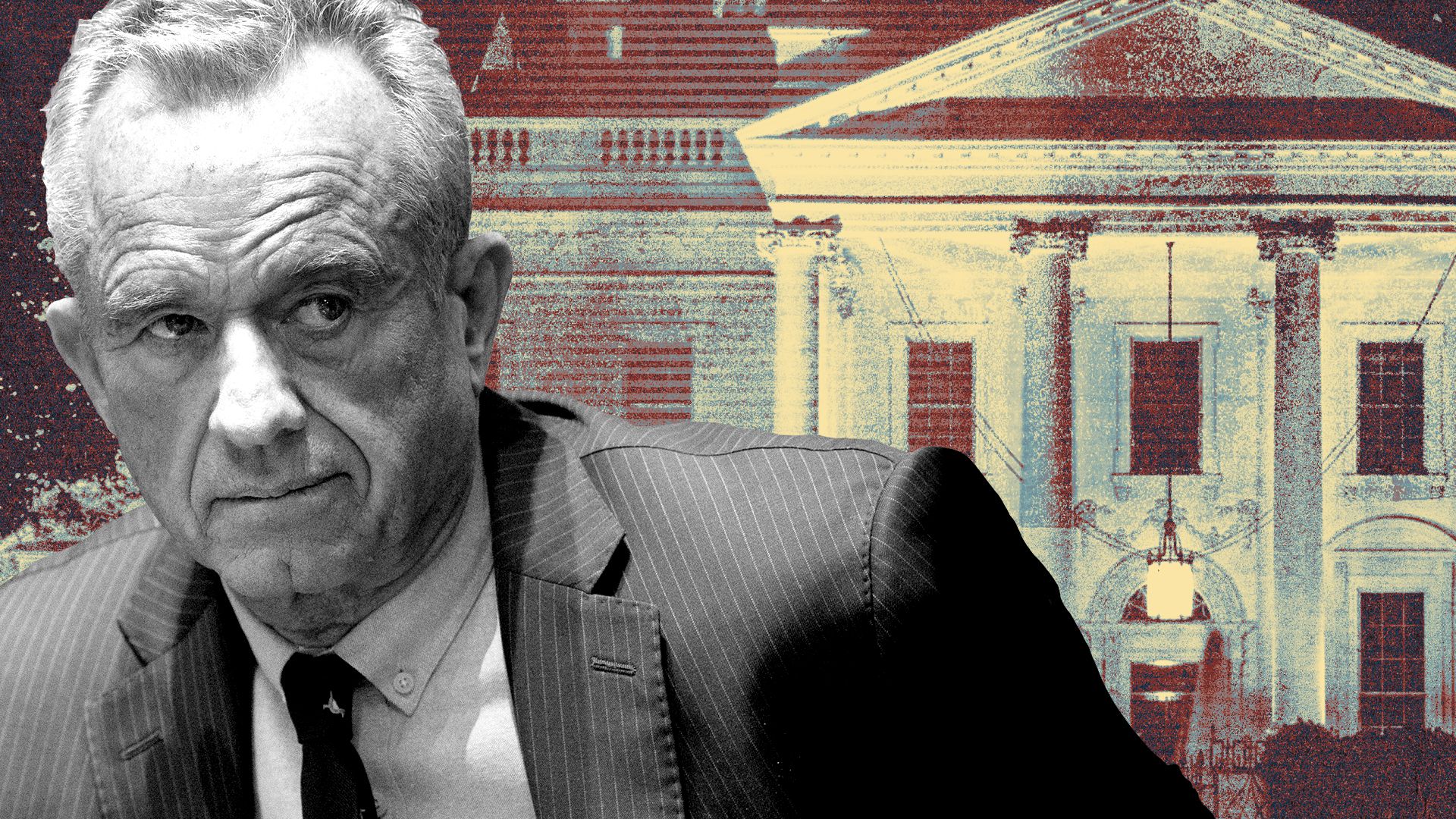
Is RFK Jr. Eyeing the White House Again in 2028?
So, just when you thought American politics couldn’t get any weirder—or maybe more crowded—Robert F. Kennedy Jr. is back in the headlines, and not just for his controversial stance on vaccines. Word is swirling that RFK Jr. might be considering another run for president in 2028, and the chatter is being fueled by none other than a recent event hosted by his super PAC, “Make America Healthy Again,” also known as MAHA.
Also Read:- Tomorrowland’s Main Stage Goes Up in Flames, But Hope Remains
- Syria’s President Pledges Protection for Druze Amid Israeli Strikes and Sectarian Unrest
Now, this wasn’t your usual campaign rally, and to be clear, Kennedy didn’t officially announce anything. But here’s what did happen: last week, Kennedy’s super PAC co-hosted a massive organizing call via Zoom. Hundreds of supporters and influencers joined in. According to insiders, the call wasn’t just a routine pep talk—it had all the signs of a campaign laying down early groundwork. Names like Tony Lyons, a vocal Kennedy backer and co-chair of the MAHA PAC, were front and center. Also involved were Robert Malone, known for his anti-vaccine views, and Stefanie Spear, a Kennedy adviser. These aren’t casual names; they’re the core of his influence machine.
No formal candidacy was declared, but Axios reports that those who attended felt it was a clear signal: Kennedy’s not done. He may be warming up for another White House run in 2028, especially after his 2024 campaign, which, though unsuccessful, did manage to shake things up and arguably help Donald Trump reclaim the presidency.
But the question lingers—what exactly would RFK Jr. run on this time? Well, if history is any guide, we could see a platform that doubles down on his “health freedom” message, controversial vaccine skepticism, and even some eyebrow-raising budget cuts. He’s previously supported initiatives like the One Big Beautiful Bill Act, which experts warn could leave millions—especially children—without health coverage. There are also concerns about cuts to cancer research funding and the CDC’s chronic disease programs, despite his claims to champion health.
Read More:




0 Comments